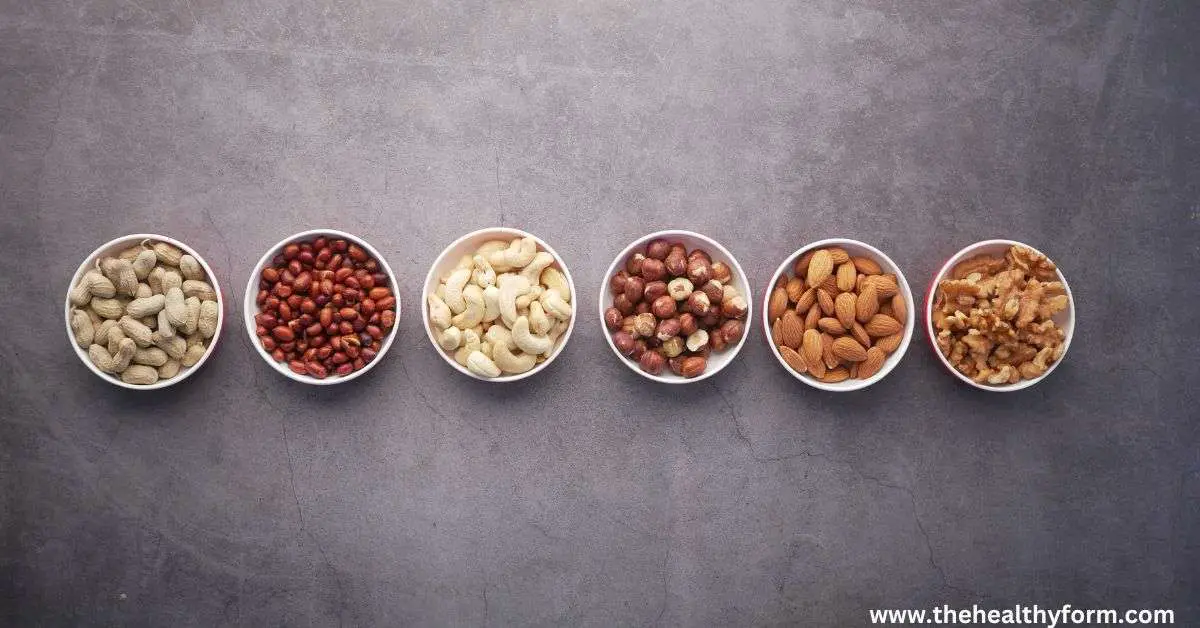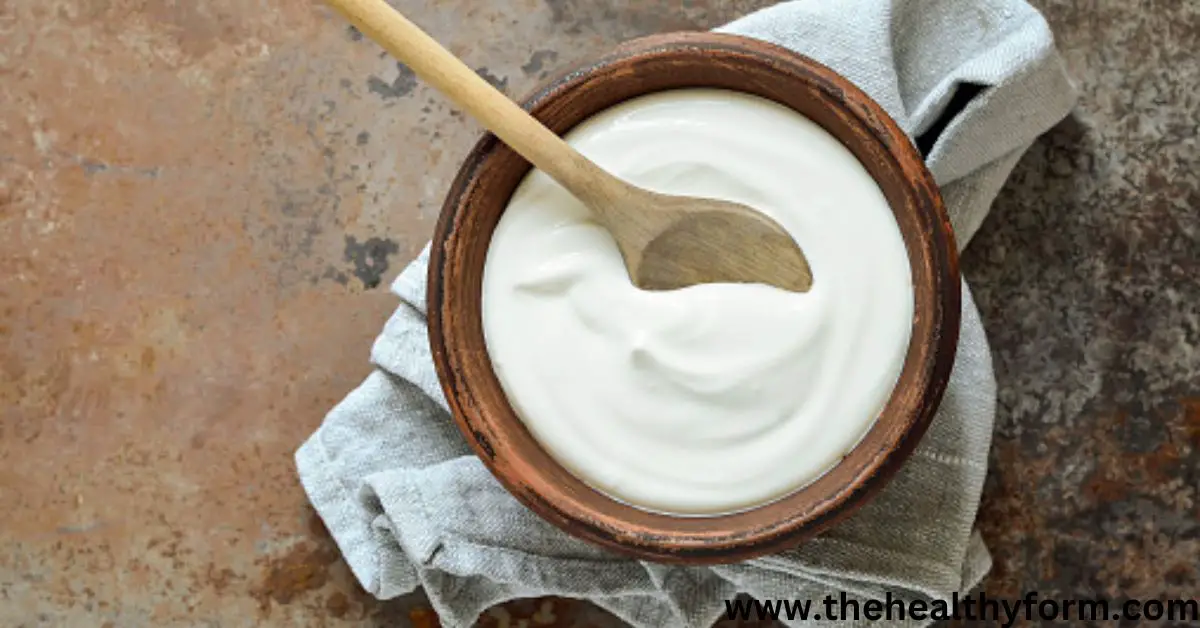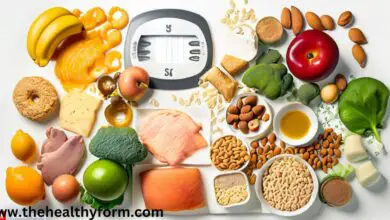5 Benefits of Plant Based Diet for the Health and Environment
A rising number of individuals are turning to plant based diets to enhance their health and lessen their environmental impact. Plant-based diets prioritize complete, unprocessed plant foods such as fruits, vegetables, grains, legumes, nuts, and seeds while avoiding or limiting animal products like meat, dairy, and eggs. This food pattern has many advantages for both individual health and the environment. This blog article will examine the five benefits of a plant-based diet for health and the environment, emphasizing how this eating style may help create a better, more sustainable future for everyone.

1: Sustainable Eating and Climate Friendly Diets
The production of animal-based foods often has a more significant environmental impact than plant-based options. Adopting a plant-based diet can be a climate-friendly way to reduce your carbon footprint and protect the planet. In this chapter, we will discuss the environmental impacts of animal agriculture and the benefits of plant-based protein sources. We will also explore the concept of sustainable eating and how plant-based diets can support a more eco-friendly lifestyle.
The demand for food, especially animal-based goods, is rising along with the world population. Unfortunately, producing these foods frequently negatively impacts the environment, adding to problems like water pollution, greenhouse gas emissions, and deforestation.
Adopting a plant-based diet can help us address these environmental issues by dramatically lowering our carbon footprint and preserving the ecosystem. We may lessen the amount of land, water, and resources required for food production and the quantity of greenhouse emissions discharged into the atmosphere by preferring plant-based protein sources over animal products.
Plant-based diets can positively impact human health and the environment by lowering the risk of several chronic diseases like diabetes, heart disease, and some types of cancer.
Furthermore, adopting plant-based foods is just one aspect of the sustainable eating movement. It involves making decisions that reduce waste and maximize efficiency while considering the complete lifespan of our food, from production to disposal. Choosing seasonal, locally sourced foods, cutting back on food waste, and composting food leftovers are a few examples of how to do this.
2: Health Benefits of a Plant Based Diet
The benefits of Plant Based Diet can have numerous positive impacts on health. Research suggests that plant-based diets may be effective for weight loss and the prevention of chronic diseases such as heart disease, type 2 diabetes, and certain types of cancer. Plant-based diets may also improve gut health and support cardiovascular health. In this chapter, we will discuss the scientific evidence supporting the health benefits of plant-based diets and provide tips for incorporating more plant-based foods into your diet.
Moreover, plant-based diets can increase gut health by encouraging the growth of beneficial gut flora, which can improve immune function and lessen inflammation all over the body. Also, plant-based diets can help maintain cardiovascular health by reducing cholesterol and blood pressure levels and the risk of heart attack and stroke.
It’s crucial to remember that switching to a more plant-based diet doesn’t require you to eliminate all animal products. Increasing the number of fruits, vegetables, whole grains, legumes, nuts, and seeds in your meals will help. Also, it’s crucial to ensure you’re getting all the nutrients your body needs, including protein, iron, calcium, and vitamin B12, which is also present in plant-based sources.

3: Plant Based Alternatives to Animal Products
Many plant-based alternatives to animal products can be used in cooking and baking. You can use many plant-based alternatives to animal products in cooking and baking. Tofu, made from soybeans, is a good source of protein and can be used as a substitute for meat in dishes like stir-fries and soups. Tempeh, also made from soybeans, has a firmer texture and can be used in sandwiches or stir-fries. Seitan, made from wheat gluten, has a chewy texture and can substitute meat in sandwiches and stir-fries. Legumes, including beans, lentils, and chickpeas, are high in protein and can be used in soups, stews, and veggie burgers.
Nuts and seeds, such as almonds and sunflower seeds, can be ground into flour or butter and used in baked goods or as a topping for oatmeal. Plant-based milk, including soy and almond milk, can be used as a substitute for cow’s milk. Coconut milk is a rich, creamy plant-based milk that can be used instead of cow’s milk in dishes like curries and soups.
Nutritional yeast is a deactivated yeast with a nutty, cheesy flavor that can be used as a topping or in sauces and dressings. Agar agar is a Plant-Based Alternative to Animal gelatin that can be used to make jellies and puddings. Plant-based oils, such as olive and coconut oil, can be used instead of animal fats in cooking and baking. In addition to these plant-based alternatives, beans, lentils, and tofu are good plant-based protein sources. Plant-based alternatives to dairy, eggs, and meat are available, including plant-based milk, cheeses, and meat alternatives made from beans and grains. These Plant-Based Alternatives to Animals can be incorporated into various dishes and be a delicious and nutritious part of a plant-based lifestyle.

4: Plant Based Nutrition for Athletes
Plant-Based Nutrition for Athletes can provide all the nutrients for optimal athletic performance, including protein, carbohydrates, healthy fats, vitamins, and minerals. Plant-based protein sources, such as beans, lentils, and tofu, are high in essential amino acids and can help to build and repair muscle tissue. Plant-based carbohydrates in whole grains, fruits, and vegetables can provide energy for workouts and competitions. Healthy fats in nuts, seeds, and avocados can help support brain function and promote healthy skin and hair. Vitamins and minerals in various plant-based foods are essential for maintaining overall health and supporting the immune system.
Benefits of Plant-Based Diet For athletes looking to adopt a plant-based diet, focusing on various nutrient-dense plant-based foods and ensuring enough protein and other essential nutrients is important. Plant-based protein sources, such as beans, lentils, and tofu, should be included in meals and snacks. Whole grains, fruits, and vegetables should also be a mainstay in the diet, along with nuts, seeds, and healthy fats. It may be helpful to work with a registered dietitian or sports nutritionist to ensure that all nutrient needs are met on a plant-based diet.
There are many delicious and nutritious plants based meals and snack ideas for athletes. Some options include:
- Whole grain pasta with marinara sauce and roasted vegetables
- Baked sweet potato topped with black beans, salsa, and avocado
- Veggie and tofu stir-fry with brown rice
- Peanut butter and jelly sandwich on whole grain bread with a banana
- Energy balls made with oats, nuts, and dried fruit
- Smoothie made with plant-based milk, frozen fruit, and protein powder
- Hummus and vegetable wrap with quinoa and avocado.
By incorporating various plant-based foods into their diet, athletes can meet their nutritional needs and support optimal athletic performance on a plant-based diet.
5: The Plant Based Lifestyle
Adopting a plant-based lifestyle can offer many health and environmental benefits. A plant-based diet, rich in whole grains, fruits, vegetables, nuts, and seeds, has been linked to a reduced risk of chronic diseases such as heart disease, diabetes, and certain cancers. Plant-based diets may also be more sustainable, as they require fewer resources to produce and may have a lower carbon footprint than animal-based diets.
The Plant-Based Lifestyle transitioning to a plant-based diet can be a process, and taking it at your own pace is important. It may be helpful to start by incorporating more plant-based meals into your diet and gradually reducing your intake of animal products. Many plant-based alternatives to animal products, including tofu, tempeh, and seitan, can be used instead of meat in dishes like stir-fries and sandwiches. Plant-based milk, such as soy and almond milk, can substitute for cow’s milk in cooking and baking.
Many resources are also available to support those interested in transitioning to a plant-based lifestyle. Cookbooks, online communities, and plant-based meal delivery services can all be helpful resources. Working with a registered dietitian or nutritionist can also help ensure that all nutrient needs are met on a plant-based diet.
Switching to a plant-based lifestyle can improve health, reduce environmental impact, and contribute to a more sustainable future.
Conclusion
Plant-based diets can offer numerous benefits for both health and the environment. By choosing whole, unprocessed plant foods and reducing your consumption of animal products, you can enjoy the many benefits of plant-based diets for your overall health and well-being. We hope this book has given you the knowledge and inspiration to incorporate more plant-based foods into your diet and lifestyle.






